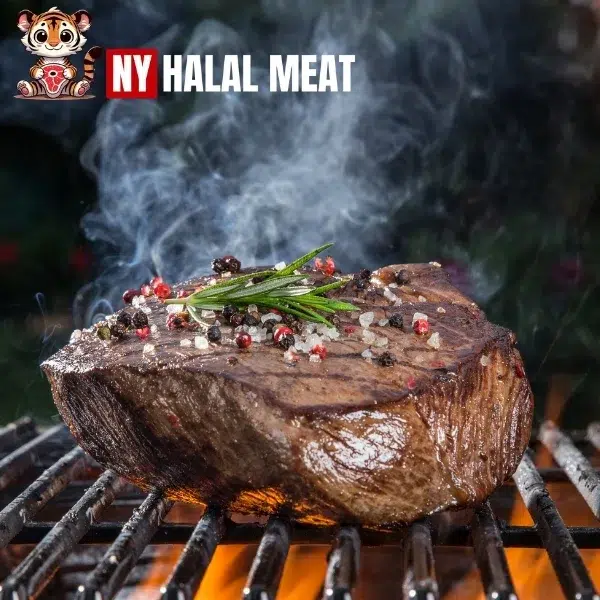The History and Tradition of Hunting for Meat: From Survival to Sustainable Practices
Introduction: The Connection Between Humans and Hunting for Meat Throughout History
Hunting has played a vital role in human survival, shaping not just dietary habits but also cultural traditions and economic systems. What once was a necessity for survival has evolved into a practice influenced by ethical considerations and conservation efforts. Learn more about sustainable meat sourcing.
The Earliest Hunting Practices: How Prehistoric Humans Secured Their Food and Developed Survival Skills
Hunting dates back to the Paleolithic era when early humans relied on it for sustenance. Without agricultural knowledge, they used sharpened stones, spears, and rudimentary traps to capture animals. Meat provided essential nutrients, allowing early humans to develop stronger bodies and sharper minds. Discover ethical meat options.
Hunting as a Foundation of Early Human Societies: The Social, Spiritual, and Economic Impact
Hunting was more than just a method of securing food; it became deeply integrated into the social and spiritual fabric of early civilizations. Many cultures believed in honoring the animals they hunted, performing rituals to show respect and gratitude. Read about ethical hunting practices.
The Evolution of Hunting Tools and Techniques: From Primitive Weapons to Sophisticated Hunting Methods
Human ingenuity led to the development of advanced hunting tools over time. The invention of bows and arrows improved accuracy and efficiency, reducing the risks hunters faced. Explore modern hunting techniques.
Hunting in Ancient Civilizations: How Kings and Warriors Used Hunting as a Display of Power and Skill

In ancient societies such as Egypt, Mesopotamia, and Greece, hunting was a status symbol. Nobility and royalty participated in elaborate hunting expeditions, demonstrating their dominance over nature and their physical prowess. Learn about traditional meat sources.
Frequently Asked Questions (FAQ)
Is hunting still necessary in modern society?
Hunting remains important for rural communities, indigenous traditions, and wildlife management. While not essential for urban populations, it continues to provide food and support conservation efforts.
How does hunting contribute to conservation efforts?
Regulated hunting helps control animal populations, preventing overpopulation that can damage ecosystems. License fees also fund wildlife protection and habitat preservation programs. Support sustainable meat practices.
What ethical guidelines do responsible hunters follow?
Responsible hunters follow fair chase principles, use humane killing methods, and adhere to hunting regulations. They respect wildlife and ensure sustainable practices.
What is the difference between subsistence hunting and trophy hunting?
Subsistence hunting is done for food, while trophy hunting focuses on obtaining animal parts for display. Trophy hunting remains controversial, whereas subsistence hunting is often viewed as ethical and sustainable.
How has technology impacted traditional hunting?
Modern technology has improved hunting efficiency and safety, but it has also sparked debates about whether it reduces the skill and challenge that traditional hunting required. Find out more about traditional and modern hunting.



[…] proper salt ratios, maintaining hygiene, and following temperature guidelines are crucial for ensuring safe meat preservation. Learn about safe meat […]